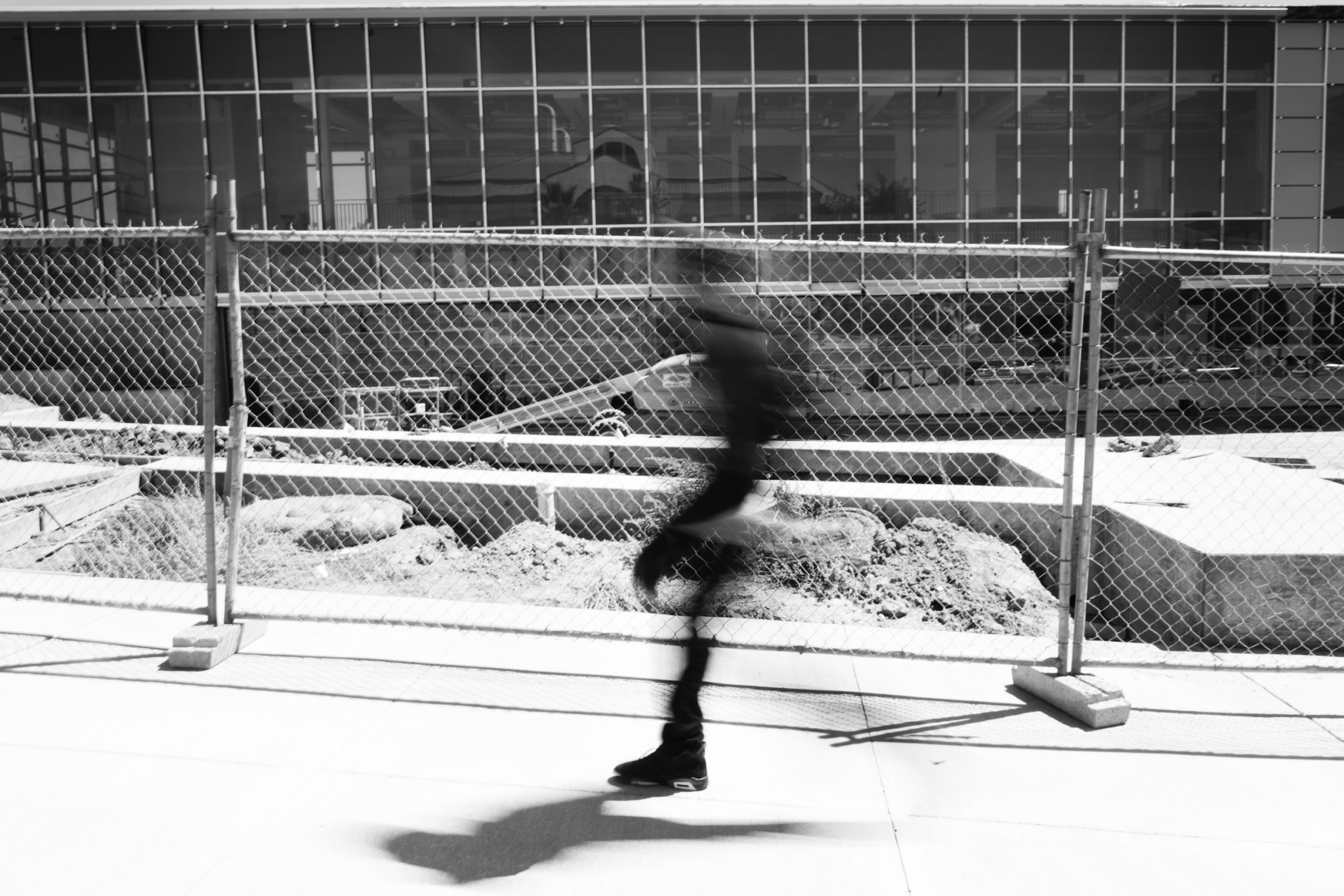Bekka Wiedenmeyer
Editor-In-Chief
Senator Shah Fesharakizadeh was impeached at the Student Senate meeting on Friday, March 7.
The impeachment did not go through, however, because the required two-thirds majority vote was not met, and he remains in office.
The vote was taken by a secret ballot.
“There were a couple of matters that came up. They said that I was going to be impeached. I had three unexcused absences and I didn’t fill out two or three senator reports. That was the main reason,” Fesharakizadeh said.
According to the Associated Students of Las Positas College (ASLPC) President Christopher Southorn, there were three unexcused absence reports and three senator reports that Fesharakizadeh had failed to complete.
Senators are required to inform Vice President Ignacio Cortina Petrasic if they are unable to attend senate meetings.
In Fesharakizadeh’s case, he was unaware that the absences had not been excused.
“To be honest, I wasn’t informed beforehand. I didn’t know the absences were unexcused because I contacted the person during the meeting – I was sick and woke up late so I texted them – I didn’t know that would count as an unexcused absence,” Fesharakizadeh said.
In the meeting, a secret vote was taken to decide whether or not the impeachment would pass.
“It’s basically people writing (the ballot) out without the name,” Fesharakizadeh said.
The Brown Act (Government Code 54950-54962) lays out specific rules for local public bodies to follow when meeting. Under section 54953 (c), it states that public bodies will “conduct only public votes, with no secret ballots.”
In the case of Fesharakizadeh’s impeachment, he actually left the room during the voting to ease the senators.
“I didn’t have to leave, but I personally chose to so people would be comfortable voting,” Fesharakizadeh said.
According to Cynthia Ross, Director of Student Life and faculty advisor to ASLPC, secret votes have been held before in these instances.
It is not the norm, however.
When the secret votes are held, members of the Senate simply write “aye” or “nay” on the ballot, which is then gathered and counted.
“You can use those as far as I’m aware,” Ross said. “Most of our votes are just raise your hand or stand up. In cases of personnel or something like that, if the members don’t feel comfortable with public votes…we hardly ever use (secret votes), but occasionally we’ve used them.”
If there is a breaching of the Brown Act, the Vice President of Student Services Diana Rodriguez can be involved, and eventually, the president of the school, Dr. Barry Russell.
“I wouldn’t say that there’s a whole lot of official oversight. It would go to the VP of student services and then the president, if there were major violations,” Ross said.
Regardless of whether or not a violation occurred with the secret vote, it did not pass with a two-thirds majority.
Fesharakizadeh remains a part of ASLPC and will continue to fulfill his duties as senator.


